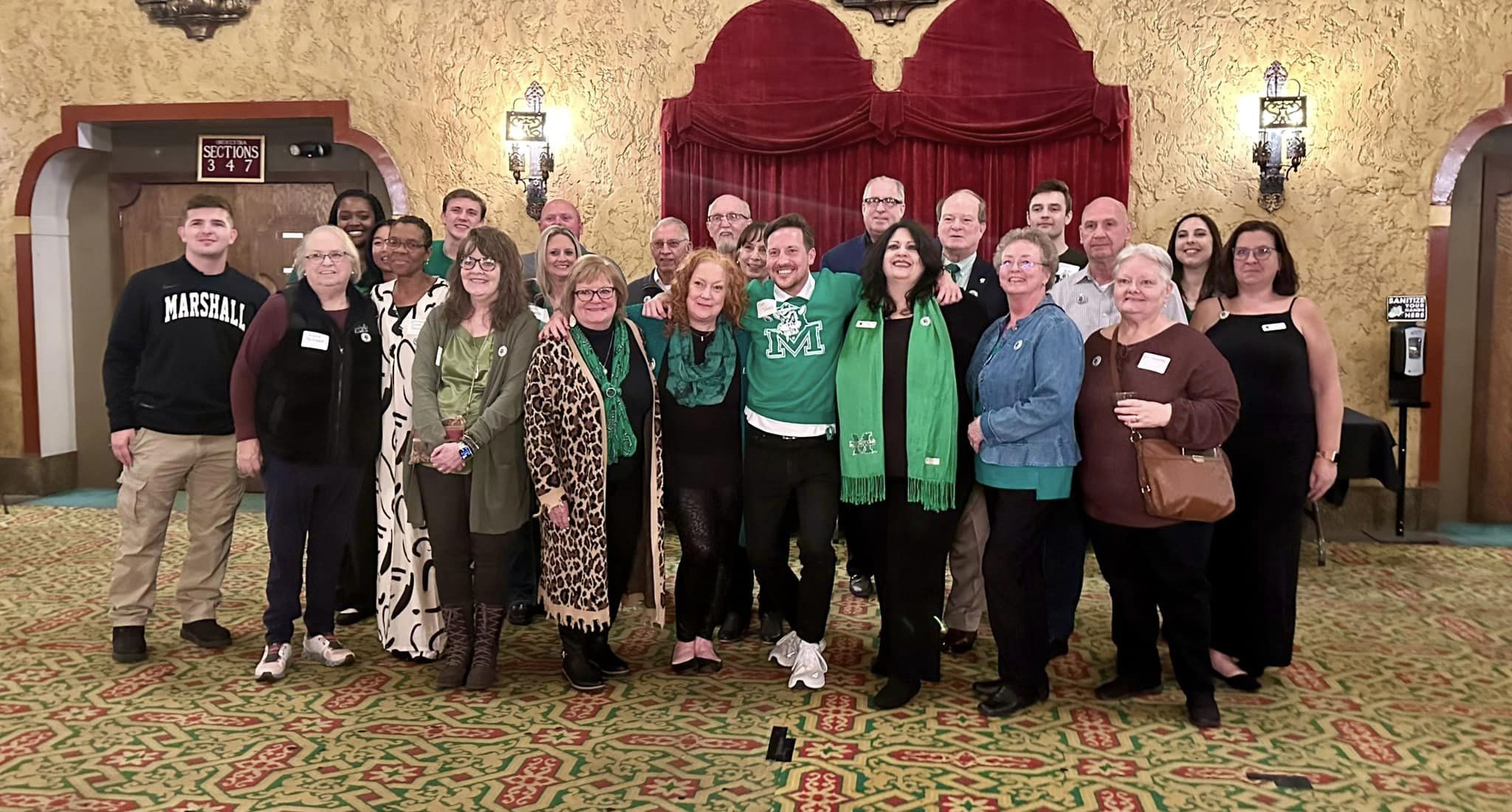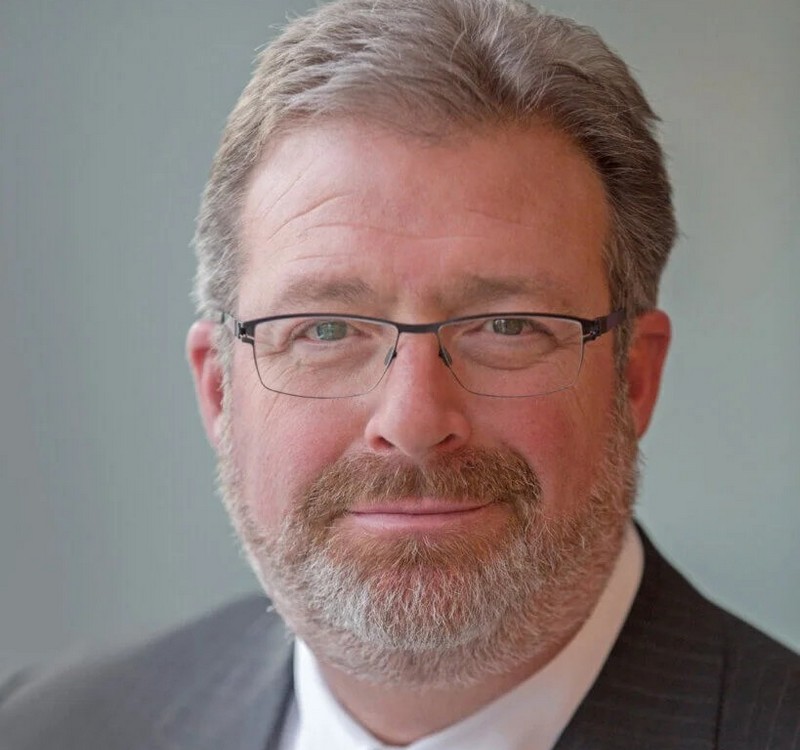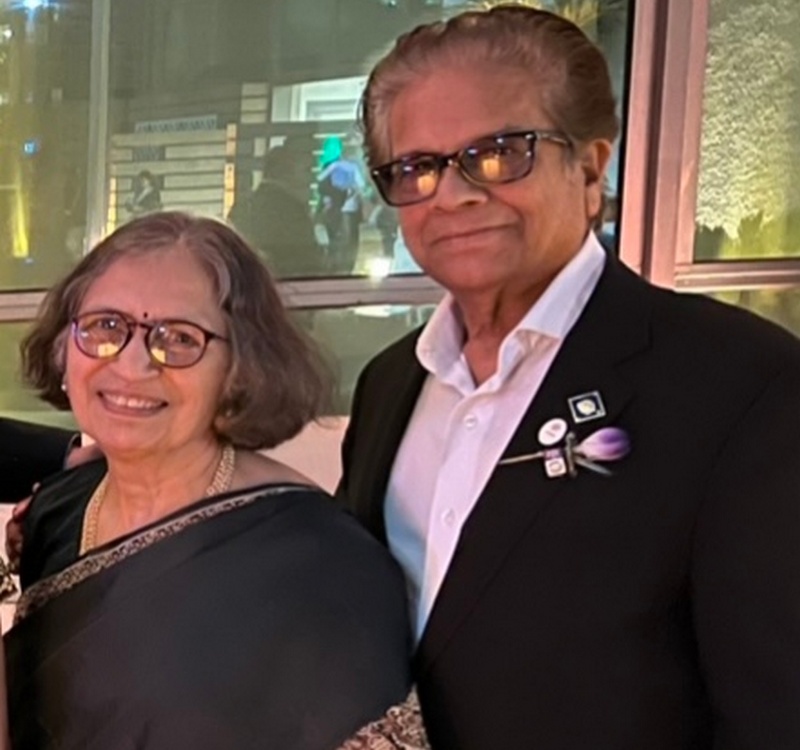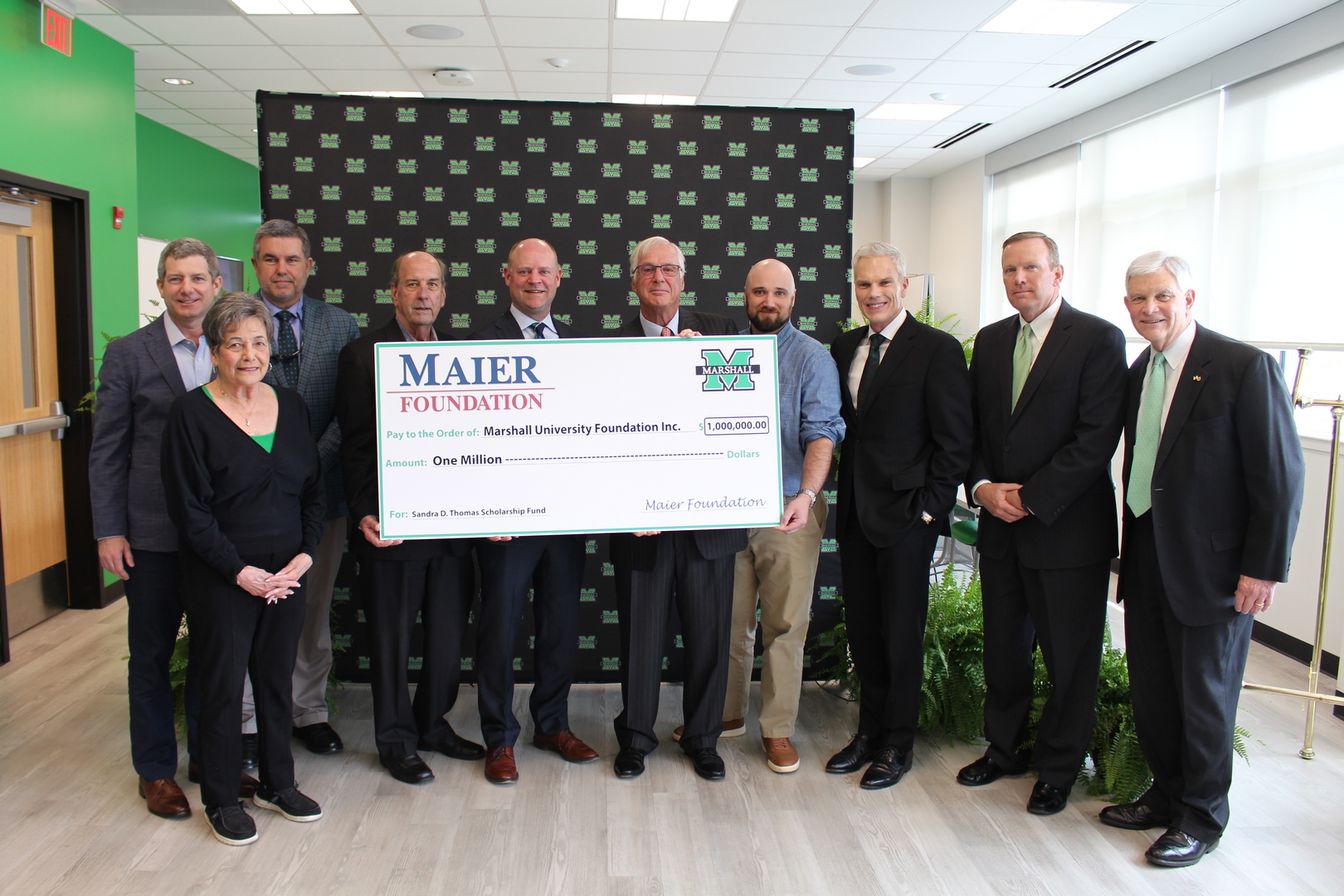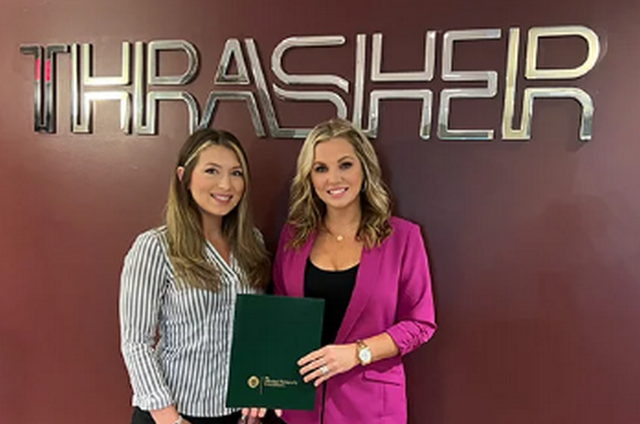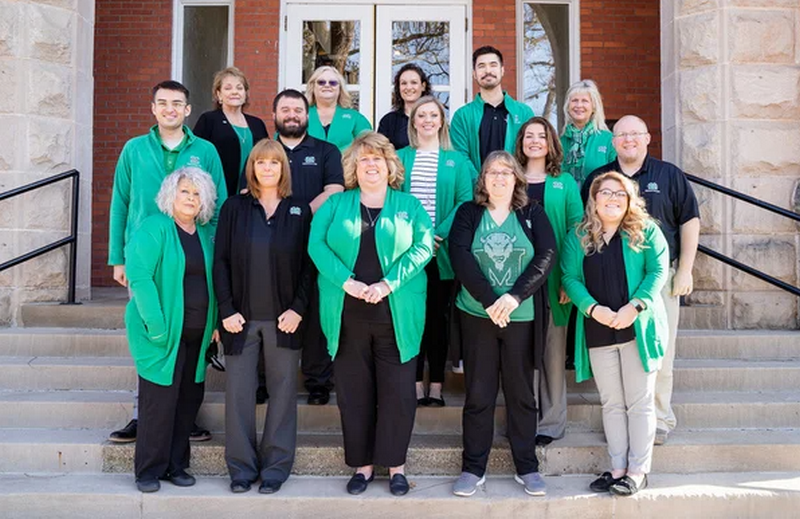On November 14, 1970, a Southern Airways DC-9 crashed near the Huntington Tri-State Airport, claiming the lives of all 75 individuals on board, including 37 members of the Marshall University football team, eight coaching staff, 25 boosters, community members, and five Southern Airways employees. Seventy children lost at least one parent, and 18 were orphaned after losing both parents. This incident stands as the worst sports-related air tragedy in history.
Marshall University and the Marshall 75 Family Alumni Chapter have established a 75 Legacy Scholarship Fund for the descendants of the crash victims who wish to pursue a higher education degree at Marshall University.
“This scholarship fund will allow descendants to attend Marshall at no cost to themselves,” said Leslie Deese Garvis, president of the Marshall 75 Family Alumni Chapter. “What better way to ensure the legacy of the 75 endures through their descendants than to provide a way for them to attend the University they loved.”
This fund is designed to support full-time or part-time undergraduate students who are direct descendants and who have fulfilled the obligations of the standard application process and are accepted to Marshall University. The award shall be renewed for up to four years (8 semesters) if the recipient maintains good academic standing.
Priority for this fund shall be given to the first-generation descendants (son or daughter) of the 75. If there are no first-generation recipients who qualify for this fund, recipient criteria shall be expanded to include any direct descendants of the 75 beyond the first generation.
The Office of Student Financial Assistance shall select the recipient and renew the award in cooperation with the Marshall 75 Family Alumni Chapter Legacy Scholarship Committee to confirm descendants.
“The chapter’s primary mission is to keep the memory of their 75 loved ones alive,” said Matt James, executive director of alumni relations. “One way to honor them is establishing a path to higher education through the descendants scholarship. I’m honored to be involved with such a special project.”
For further information about the Marshall 75 Family Alumni Legacy Scholarship Fund or to contribute to this cause, contact Chapter President Leslie Deese Garvis via email at mu75familyalumni@gmail.com, by phone at 713-819-4371 or visit the crowdfunding site at https://give.marshall.edu/75Family.
Photo: Members of the 75 Family Alumni Chapter pose for a photo at the chapter kick-off event at the Keith-Albee Performing Arts Center in Huntington on Nov. 10, 2023.

